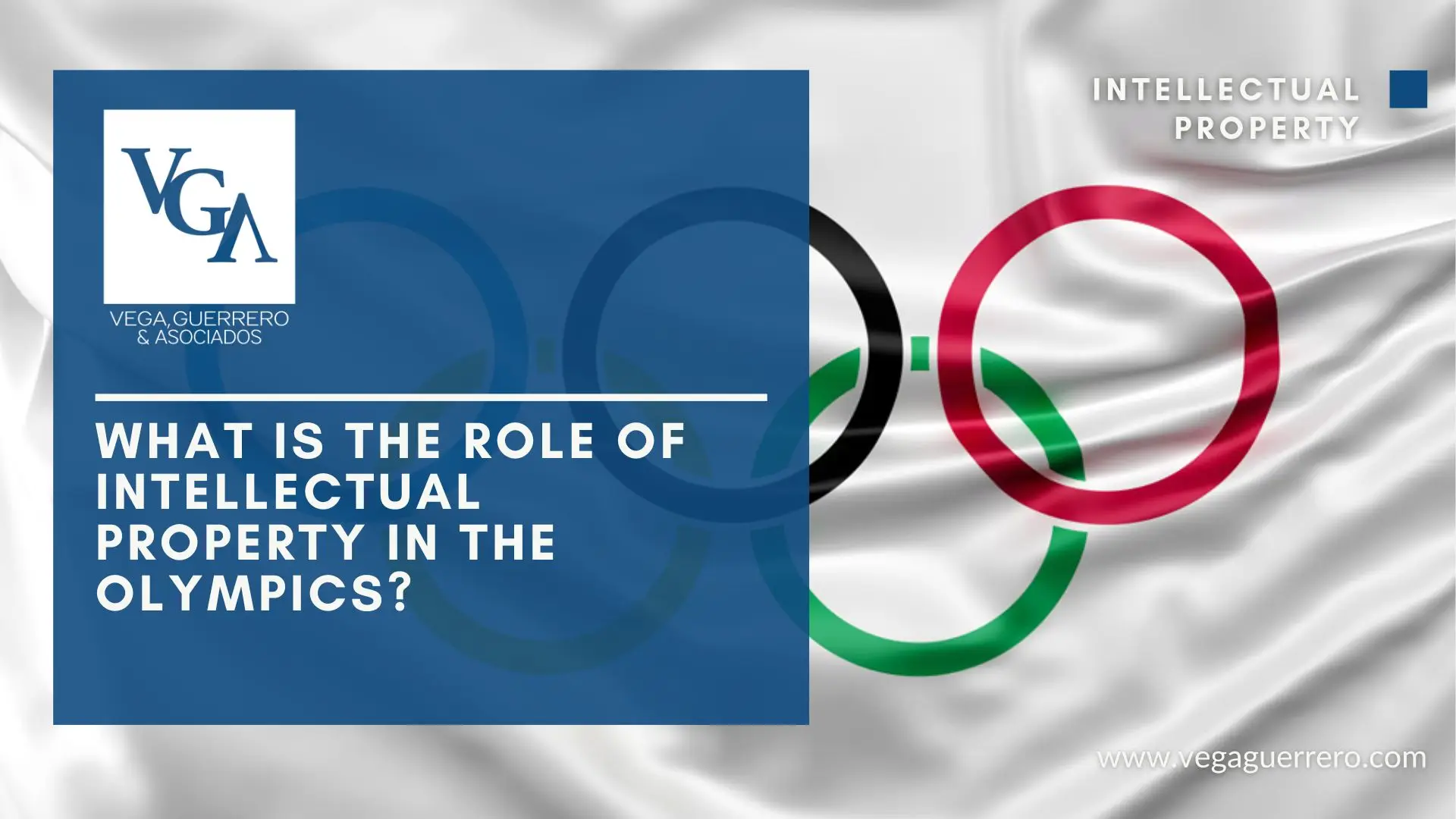By Marco Tena
Intellectual property (IP) is essential to protect the unique elements of the Olympic Games, such as the Olympic rings, emblems, flag, torch and anthem. These protections ensure the integrity and exclusivity of the Olympic brand, crucial to the success of the Games as a global sporting event.
Importance of IP Protection
The Olympic Games are a significant global event that attracts thousands of athletes and millions of spectators around the world. Protecting the IP associated with the Olympic Games, such as trademarks and broadcast rights, helps maintain the prestige and commercial value of the event. The International Olympic Committee (IOC) owns these rights and uses them to generate revenue through sponsorship, broadcast agreements and licensing. These revenues are essential to fund the Games and support global sport development and humanitarian efforts.
Key IP Assets
Olympic Symbol and Marks: The Olympic rings are one of the most recognized symbols worldwide. Protected by the Nairobi Treaty, any unauthorized commercial use of the Olympic symbol is prohibited unless permitted by the IOC. This protection extends to various Olympic properties, including emblems, flags, slogans and mascots.
2. Design Protection: The designs of the Olympic torches and other related items are protected by industrial design registration, ensuring their uniqueness and preventing unauthorized copies.
3. Broadcasting Rights: Broadcasting rights are the IOC’s most valuable IP asset, representing approximately 73% of its revenues. These rights are sold to national broadcasters and media organizations, allowing them to broadcast Olympic content exclusively in their regions. For example, the Rio 2016 Olympic Games reached a global TV audience of approximately 3.2 billion and generated huge online engagement.
Role of Business Partners
Private sector partners and sponsors play a crucial role in the success of the Olympic Games. By providing advanced technology and expertise, they help organize the event and enhance the spectator experience. Companies involved in sponsorship gain exclusive marketing rights and can use Olympic images and symbols in their advertising, increasing their visibility and association with the prestigious Olympic brand.
Use of Digital Media
The IOC has increasingly used digital platforms to engage with global audiences, especially young people. By offering free, high-quality content on multiple platforms, the IOC reduces the incentive to access pirated materials. Advanced anti-piracy technologies are also employed to monitor and prevent unauthorized use of Olympic content, ensuring the protection of IP rights.
Conclusion
Intellectual property protection is critical to the operation and success of the Olympic Games. It protects the unique elements of the Games, supports commercial partnerships and ensures the financial viability of the event. By protecting its IP, the IOC can continue to promote sporting excellence and uphold the values of the Olympic Movement worldwide.




